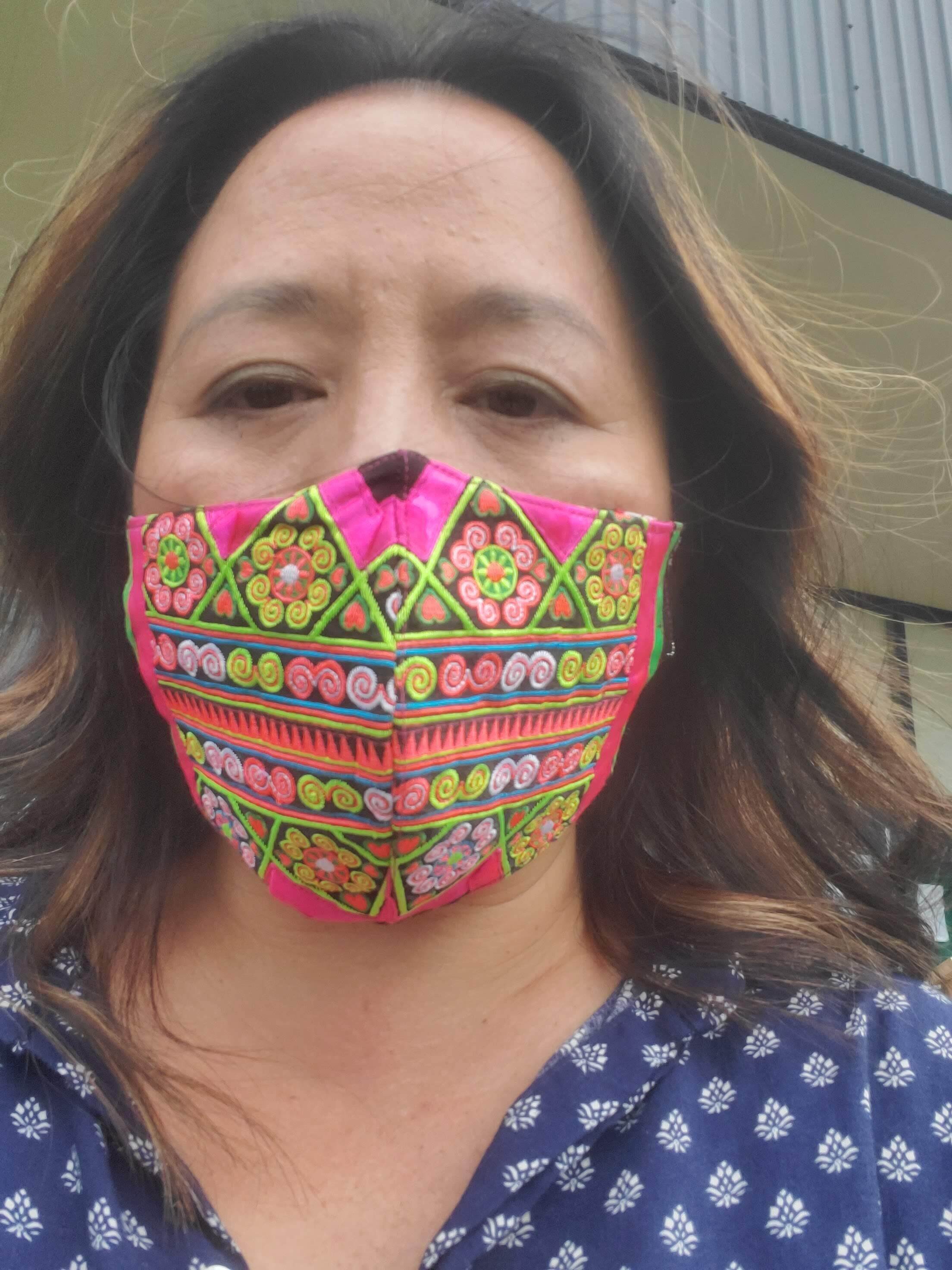The Blame Game
When something bad happens, people automatically want to know who is to blame for it. For example, when people hear that Greg and I don’t have any children, most (and invariably all older Hmong) will ask, “Whose fault is it—yours or your husband’s?” When they came upon a man who was blind from birth, Jesus’ disciples wondered similarly, asking, “Whose fault is it?” Jesus’ reply was startling and perplexing: “Neither this man nor his parents…but this happened so that the work of God might be displayed in his life” (John 9:3).
Whose fault is it that I contracted COVID-19? Why do I want or need to know? At the heart of fault-finding is the need for self-exoneration: “It wasn’t my fault.” I recall how often these past few days I have pointed out to people what a shock it is that I had become infected. I--the person who wears a mask long after others have taken theirs off, who carries around disposable gloves and generally wears them when shopping, who sanitizes her hands each time she enters her car, who wipes down carts before using them, who reminds others to put on their masks and gloves, and who recommends getting tested regularly--surely I could not be blamed for contracting the virus! Each time I rattled off the list of things I had done right, I was attempting to reclaim my identity as a good person.
I’ve read that when people get COVID-19, many feel a sense of guilt (I did something wrong) and shame (I am somehow defective) and they are afraid to tell others about it. There seems to be this social perception that unless you are an essential worker or a nursing home resident, if you get COVID-19 you must either be a reckless person who flouts CDC guidelines and local safety orders or you are a careless person who doesn’t take the pandemic seriously enough. Bottom line: It’s your fault you got infected! Not many people will outrightly say, “It’s your fault,” but many will not hesitate to speculate on all the things that you could have done differently to prevent getting infected, thus implying your culpability. With this kind of insensitivity and shaming, no wonder people are afraid to make it known when they contract COVID!
You might be wondering about my husband, the person with whom I have the most prolonged and close contact. He would readily admit that he is less cautious and less careful than I. In addition he goes to his office and works with other people while I work from my home office. Yet he tested negative a week before I got my positive result, and he tested negative again after my result! That he is COVID-free when I’ve been infected is a mystery and a small miracle in itself. But had he tested positive, would I now be playing the blame game? Would you if someone close to you potentially infected you?
Initially when I received the positive result, my mind was racing with possible explanations—looking for someone or something to blame. But the reality is that unless I decide to stay in isolation from everyone including my husband (or force him to isolate with me), I must take responsibility for the choices I make. I need to accept and be okay with the calculated risks that I take each time I go shopping, meet up with a friend or colleague, attend church service, visit my elderly parents, eat at a restaurant, or leave the house for any reason. My calculated risks are neither reckless nor careless; they are the choices I’ve thoughtfully chosen in order to live, love, and thrive during this period of a pandemic. And despite doing my best to protect myself and others, I have somehow contracted COVID-19. I don’t need to know who is to blame, but I want Jesus’ words to be true for me: “This happened so that the work of God might be displayed in her life.”



